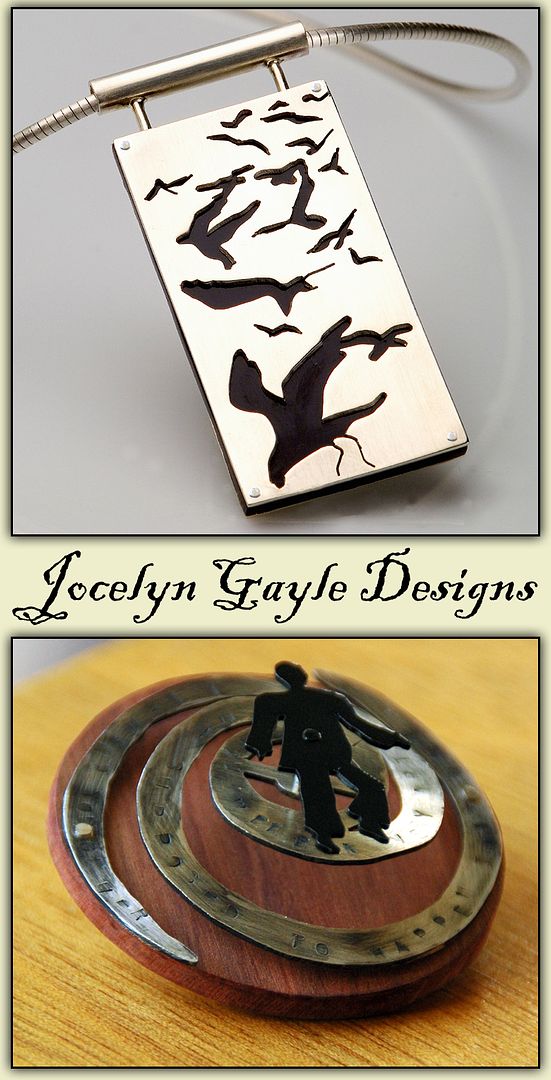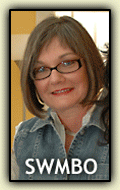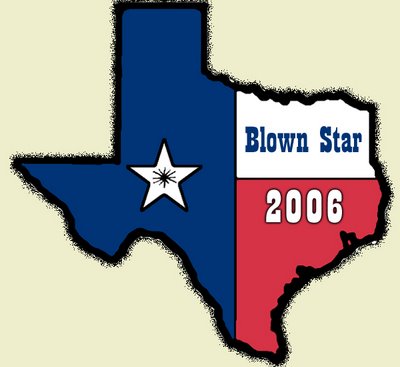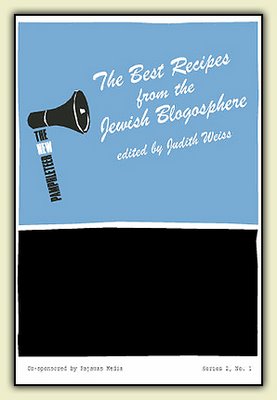And, oh, what a novel it is.
Cloud Atlas, by David Mitchell, is one of the most unusually structured, thought-provoking books I have read in a long time. Part historical romance, part mystery, part science fiction, it is all brilliant, a Chinese puzzle of a book, a series of short novels nested into one another like the components of a Matruschka doll.
It was this paragraph in the Bakerina’s post that hooked me:
I won’t even try to synopsize Cloud Atlas - although if you want one, the Amazon link has a couple of nice ones - but I will share a bit of it, as always keeping fingers crossed on that whole Fair Use issue. Considering that the story arc is not so much an arc as it is a boomerang, it feels odd to say that the novel ends on an optimistic note. The novel is actually comprised of six novellas, starting on a Pacific-crossing ship in 1850, proceeding to Belgium in 1931, California in the mid-1970’s, present-day England, a dystopic, hypercapitalistic Korea several hundred years from now, and a postapocalyptic Hawaii; from there, we travel back through time and space: Korea, England, California, Belgium, back to the Dutch ship in the Pacific that starts it all. Once you see Mitchell’s vision for how we end up, it is illogical, at least within the confines of the story, to imagine that anything could change, could be made better, and yet I was left feeling that change was possible, that the course of history could be altered for the better.Don’t just sit there. Get this book out of the nearest library; if necessary, go buy it. Read it. You will be rocked back on your heels by the sheer audacity of its premise and the beauty of its construction. The power of the story? A bonus.
Thanks, Bake! I owe you one, big-time.




















No comments:
Post a Comment